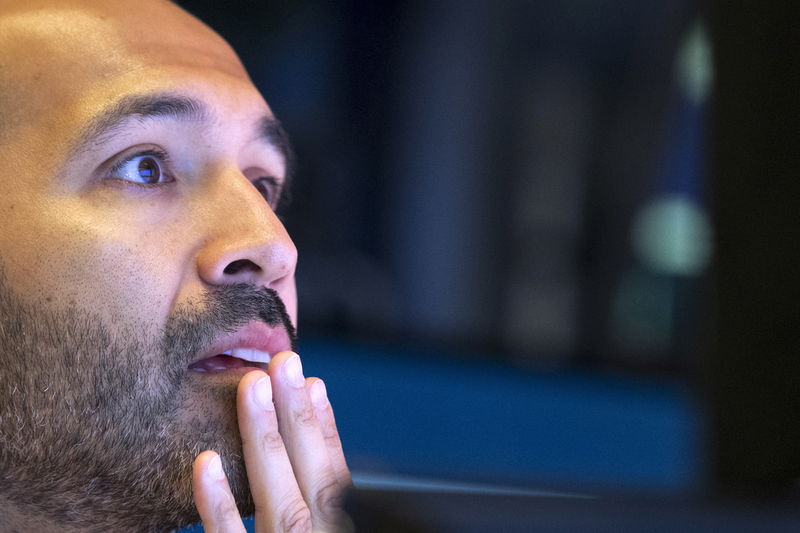(Adds experts' comments, background on the industry)
By Lauren Hirsch
Oct 15 (Reuters) - The year's biggest initial public offering ended with a whimper on Thursday, highlighting companies' narrowing funding options as investors eschew risk.
U.S. payment processing company First Data Corp FDC.N , controlled by private equity firm KKR & Co LP KKR.N , raised $2.56 billion in its stock market debut, a steep drop from the $3.7 billion originally targeted. Its shares ended down 1.6 percent.
Almost two months after a stock market rout injected volatility and risk aversion into the IPO market, private equity firms and venture capital investors face tough pricing choices in raising money for their companies or cashing out on their stakes.
Cerberus Capital Management LP, the private equity firm that controls supermarket operator Albertsons Companies Inc ABS.N , decided it would be better to wait. It pulled what was expected to be one of the largest IPOs of the year as it was about to price on Wednesday, and will not relaunch it until the markets become more favorable.
To be sure, Albertsons also faced headwinds because of Wal-Mart Stores Inc (N:WMT) WMT.N , whose disappointing outlook weighed on investor sentiment and drove Albertsons peer Kroger (N:KR) Co's KR.N shares down.
"We did successfully execute three IPOs in the last three weeks. So it is an environment where the markets are not closed, they are open from time to time for good companies," Michael Chae, chief financial officer of private equity firm Blackstone (N:BX) Group LP BX.N , told analysts on the company's third-quarter earnings call on Thursday. urn:newsml:reuters.com:*:nL1N12F0MY
But the vast majority of companies that have gone ahead with their IPO since early September have had to discount or downsize their offerings and companies saddled with mountains of debt make investors nervous.
Low interest rates have helped private equity firms to refinance their debt piles, easing pressure on them to take their companies public. But holding back from launching an IPO can also mean delaying returning money to private equity fund investors.
Venture capital-backed companies valued at more than $3 billion may be under more pressure to go public, however, because they could find it difficult to raise further capital in the private markets while also meeting existing investors' valuation expectations.
WHERE TO GET THE MONEY?
Companies launch IPOs for a number of reasons, including to pay down debt, or for their owners to cash out or raise funds to grow the business. If the IPO market is inhospitable, there is no guarantee of a better reception in debt markets.
Concordia Healthcare, for example, is relying more on the loan market to fund its $3.5 billion acquisition of Amdipharm Mercury (AMCo) after banks were unable to sell a high-yield bond that was intended to help finance the deal.
The differentiator between companies in the IPO market is growth, experts say. Even mature companies that are looking to use proceeds to pay down debt can attract strong investor demand if they have promising prospects.
Matt Harris, a managing director with Bain Capital Venture Partners LLC, contrasted First Data with Worldpay WPG.L , a British payments processor that listed on the London Stock Exchange this week in an IPO valuing it at 4.8 billion pounds ($7.4 billion), the biggest flotation in London this year.
"Worldpay is not a highly levered buyout. It represents a growth story," said Harris.
